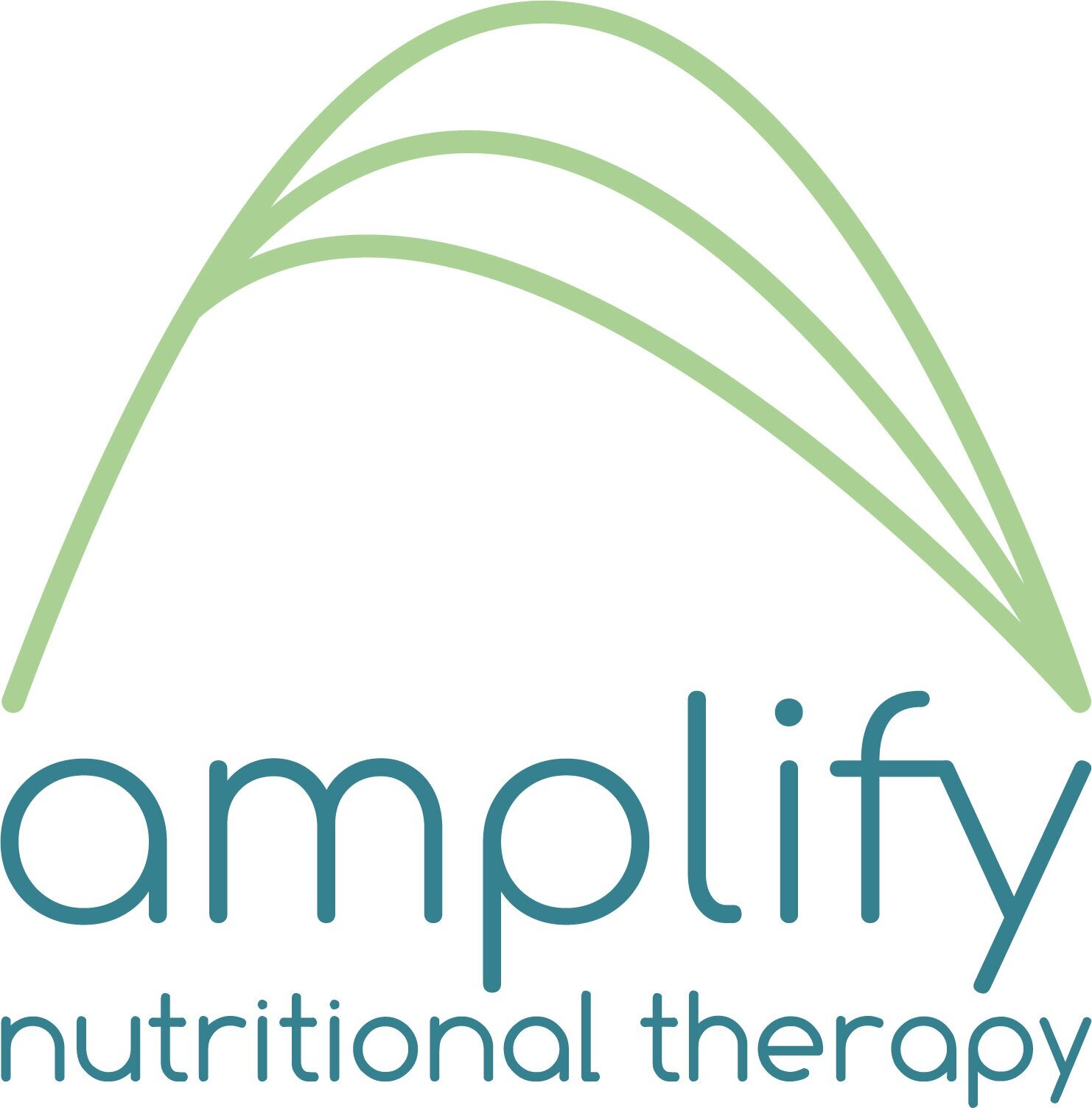Design your own healthy ageing plan
Since the sad passing of The Queen in September, many stories have been shared about her and the way in which she conducted her selfless duty and service to her people. Occasionally we also read anecdotes about her diet and lifestyle. Whilst undoubtedly she had the very best of medical care during her reign, she was fit and active up until very recently. One thing that really stood out and was frequently commented upon was how mentally sharp she was right up until the end.
I’m 60 next month and naturally have developed a keen interest in the science of ageing and longevity. There are 15 million people in the UK over the age of 60, with major health issues beginning to kick in at the age of 65 – and it seems to be getting earlier for many. In the UK we are used to getting ‘free’ healthcare via the NHS. Our medical system is excellent, especially for acute care, but it is not tailored to chronic illness. There has never been a better time to take your health into your own hands. Don’t wait to develop a problem – prevention is the cheapest strategy financially and it is never too late to start. Great nutrition and lifestyle habits are the cornerstone.
Brain Health. It is becoming more widely known that cognitive decline may be preventable. Only 1 in 100 cases of dementia are gene related and we now know that at least half of the risk factors are related to sugar intake, B vitamin status, coffee/tea intake, fitness level, social interaction, intake of oily fish, antioxidants and blood pressure. If you have not already heard it before, dementia and alzheimer’s have been dubbed ‘diabetes Type 3’. In fact type 2 diabetes doubles the risk of dementia. Whilst this highlights the importance of a low sugar/GL way of eating aiming for an HbA1C value at 5.4% or less, there are other important factors. Homocysteine levels also need to be low, below 10 and ideally 7mmol/l. Homocysteine is largely influenced by diet, mainly B vitamins and omega-3 fat intake. Lowering homocysteine has significantly reduced brain shrinkage by up to and improved memory in those with early stages of dementia. Again, vitamin D status is important as it is neuroprotective.
What to do: Go to https://foodforthebrain.org/the-cognitive-function-test/ and take the free test to assess your risk and what to do about it. A longer version of my take on brain health is available on my website.
Bone, Joints and Muscles. Arthritic aches and pains become more common, women in particular are frequently diagnosed with osteoporosis or osteopenia. Lack of movement are the main drivers that put stress on the joints.
What to do: Eat a largely anti-inflammatory diet containing foods such as turmeric, quercetin (in onions and apples), plenty of purple and dark green foods and omega-3 rich foods to include oily fish, chia seeds and walnuts. For some, reducing dairy can help reduce aches and pains but increasing dark leafy greens for calcium intake.
Exercise – both cardio and resistance/strength training, walking. Keep moving!
Get your vitamin D levels to 75-100nmol/l as it is needed for strong bones and muscles. In winter it is probably necessary to take a supplement as it is hard to get from sunlight and foods alone. To find out your vitamin D status, you can do an at-home test here https://www.vitamindtest.org.uk/.
Heart Health
Worthy of a separate article in itself, I’ll stick to the thorny topic of cholesterol. There are conflicting schools of thought on cholesterol and what defines ‘good’ and ‘bad’. What causes problems is when LDL cholesterol is glycosylated and crucially, not all LDL behaves that way. The glycosylated LDL accumulates where arteries have been damaged by high homocysteine.
What to do: Follow an anti-inflammatory Mediterranean Diet. Keep your blood sugar under control and your homocysteine levels low (tests are available online or through a registered nutritionist). Eat oily fish three times a week in order to keep triglyceride levels low. Low triglycerides reduce heart disease risk. Extra virgin olive oil has beneficial polyphenols and 2 tablespoons a day may help to increase HDL, which exerts a protective effect against heart disease. Exercise also lowers blood pressure and pulse rate which in turn, reduces stroke risk.
Cancers
A new study suggests that people are developing cancers earlier in life. Researchers cited significant changes in lifestyle and environment as possible factors. 8 of the 14 cancer types studied were related to the GI (gastrointestinal) tract, putting more weight behind the importance of the microbiome when it comes to cancers. Diet directly affects the make-up of our gut and over time, can influence the onset of disease. The study highlights the importance of consuming whole and unprocessed foods for the very best of gut health.
What to do: Eat all of the colours of the rainbow (a widely diverse diet of plants), fermented foods such as kefir, sauerkraut, kimchi, kombucha, and whole grains. The gut loves diversity.

